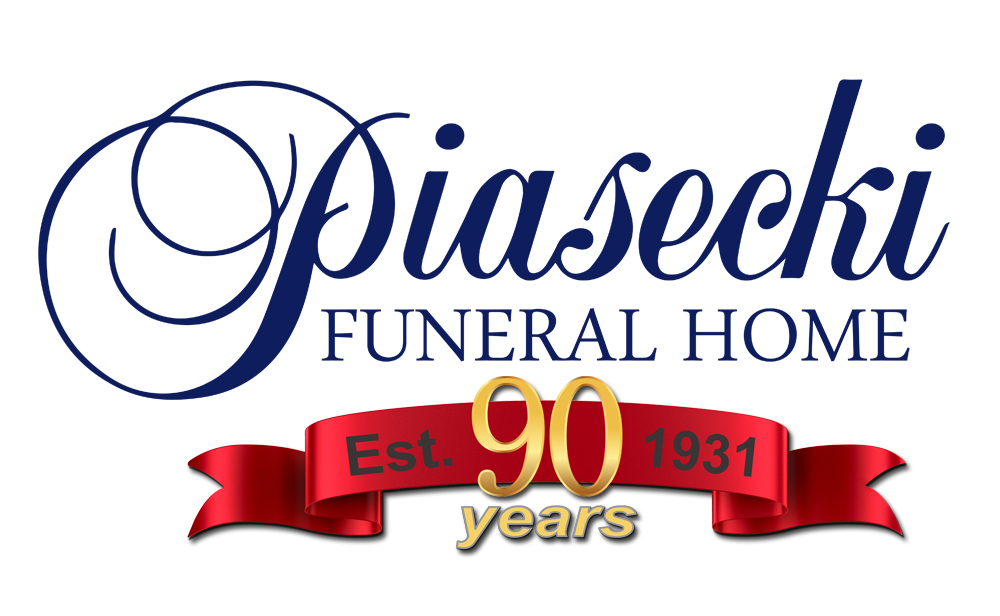Why Some Choose to Forego Memorial Services
Exploring the reasons and consequences behind the trend of skipping traditional memorial services
In times of loss, gathering for a memorial service or wake has long been a cornerstone of the grieving process. These traditions provide a way for loved ones to honor loved ones, offer support, and begin the journey of healing. Yet, in recent years, more people have chosen to forgo these ceremonies entirely. But why are some families opting for a quiet goodbye and what are the potential consequences of skipping this important ritual?
The Changing Face of Grief
Modern life has brought about a shift in how we approach grief and mourning. As our lives get more and more hectic, a natural reaction is to try and simplify as much as possible. Ideas many consider “old fashioned” are being redefined or even eliminated, many times with unintended consequences. This shift reflects broader cultural changes, where individuality and personalization often take precedence over established norms.
Here are some of the key reasons families may decide to forgo memorial services or wakes:
- Financial Constraints Memorial services can be costly, especially when factoring in venue rentals, catering, flowers, and transportation. For families already burdened by medical or funeral expenses, the additional cost of a service may feel overwhelming. Cremation and simple burials without accompanying ceremonies have become more common as affordable alternatives.
- Geographical Challenges In today’s increasingly mobile world, families are often spread across states or even continents. Coordinating a service that accommodates everyone’s schedules and travel logistics can be daunting. Some families opt for simpler, more private gatherings or rely on virtual memorials to bridge the distance.
- Desire for Intimacy For some, the idea of a large gathering may feel impersonal or overwhelming. Smaller, private moments with immediate family or close friends can feel more meaningful. These intimate settings allow for quieter reflection and tailored tributes that resonate on a personal level.
- Cultural and Religious Shifts Traditional memorial practices are often rooted in specific cultural or religious customs. As society becomes more secular and diverse, not all families feel tied to these traditions. Many prefer to honor their loved ones in ways that reflect their unique beliefs and lifestyles.
- Avoidance of Grief For some, facing a memorial service can be too emotionally challenging. Avoiding a public ceremony can feel like a way to sidestep the pain of loss, though experts warn this can delay the healing process.
What’s Lost Without a Memorial?
While skipping a memorial service may offer immediate relief, it can have unintended consequences. Rituals like wakes and funerals serve not only to honor the deceased but also to support the living. They provide a space to share stories, offer comfort, and reinforce social bonds during a time of vulnerability.
“Rituals are actions that symbolically connect us to something meaningful. They can be comforting, express feelings, bring about a sense of closure, or keep an important part of the past alive. When rituals are done to commemorate a loss, they honor both the person who is doing them and the person they’ve lost.” – David B. Feldman Ph.D. Psychology Today
Without a communal gathering, loved ones may miss opportunities to:
- Share Memories: Storytelling helps keep the memory of the deceased alive and allows mourners to process their emotions.
- Find Support: Being surrounded by others who share your grief can be profoundly comforting.
Mark the Loss: A formal service creates a sense of closure, signaling a transition from mourning to healing.
Finding a Middle Ground
For families hesitant to host a traditional service, there are alternative ways to honor a loved one while still reaping the benefits of communal grieving. Consider these options:
- Virtual Memorials: Online gatherings allow distant family and friends to connect and share memories.
- Celebration of Life Events: These gatherings focus on the joy and legacy of the deceased rather than on mourning.
- Planting a Memorial Garden: Creating a lasting tribute can offer solace and a place to visit for reflection.

A Final Thought
While the decision to hold a memorial service or wake is deeply personal, it’s worth considering the role such rituals play in the grieving process. Memorial services don’t have to follow tradition to be meaningful. They should be about creating a space where healing can begin and coexist with loss and love. Whether through traditional services or innovative alternatives, we can help you find the perfect way to honor a loved one’s life while taking that vital first step in moving forward after loss. Whether you’re dealing with the immediate loss of a loved one or preplanning a service, at Piasecki Funeral Home we are here to help.

We are here to help you through the process for your end-of-life care.
Ron Nelson is our preplanning expert ready to help you when you are.
Give Ron a call at 262-658-4101 or email Ron at [email protected]








